Instead of achieving health and well-being, it’s natural to blame the impact of our daily actions on our normal lives. Vaping, the popular form of smoking that can be conventionally used, has gained momentum in modern years. But a burning question often lingers in the minds of enthusiasts and skeptics alike: Do vapes have calories? Throughout this booklet, we’re going to get to the bottom of the complexities surrounding this fascinating question and gently pour over the effects vaping can have on your caloric intake.
Understanding the Basics of Vaping:

Before we dive into the caloric content fabric of vapes, let’s set up a fundamental understanding of what vaping entails. Vaping is the inhalation of an aerosol, commonly known as vapor, produced by a digital cigarette or comparable device. These liquids are made by heating a liquid, called e-liquid or hot water, which is usually a combination of propylene glycol, herbal glycerin, a flavoring agent, and in some cases nicotine it’s this hot
Calories of vape juice:

At the coronary heart of the calorie question is the composition of vape liquids. Vape liquids—propylene glycol and vegetable glycerin—are generally low in strength. These chemicals are often added to commercial foods, medicines, and cosmetics and have negligible calories.
However, the calorie factor becomes extra subtle considering flavored vape water. The flavors used in vape juice can rely on very low calories, but the numbers are so limitless that this amount of mileage is almost negligible. By the way, the strength gained from testing hot water is similar to that found in sugar-free gum.
Nicotine and calorie content:
Nicotine, the principle component in many vape juices, is a stimulant that can affect metabolism and appetite. Although nicotine itself is not a calorie, its outcomes on the frame can adversely affect such things as an urge for food and weight. Some research advocates that nicotine may also have an appetite-suppressing impact, which can affect meal consumption and, therefore, caloric consumption.
It is critical to observe that the consequences of nicotine on metabolism and appetite can also vary among individuals. Factors such as frequency, nicotine awareness, and man or woman sensitivity all play a function in figuring out the volume of those consequences.
Dispelling myths and clarifying issues:
There is frequently incorrect information circulating across the calorie content material of vapes, difficult users. A not unusual misconception is that breathing in hot water in some way injects energy into the body. It’s vital to dispel this myth – cold water inhaled is no longer identical to calorie consumption. Steam inhalation does now not involve the food that could be had to take in calories.
Vaping and Weight Loss:

For those targeted on caloric intake and weight control, it's far critical to apprehend the impact vaping will have on those regions. While the needless calorie content of vape juice and the craving-suppressing results of nicotine won't contribute a good deal to weight gain, it’s essential to take into account the context of a broader way of life, with eating regimen and exercise amongst
Conclusion:
In the grand scheme of dietary concerns, the caloric impact of vaping is a minor attention. Vape juices, with their minimum calorie content material, are unlikely to be a significant thing in weight control. However, it is critical to method vaping with a holistic attitude, thinking about factors together with nicotine's impact on appetite and character fitness goals.
In ultimate, the query, "Do vapes have energy?" may not have a trustworthy answer, but the available evidence indicates that the caloric effect of vaping is minimal. As with any way of life desire, moderation, and knowledgeable decision-making are key.

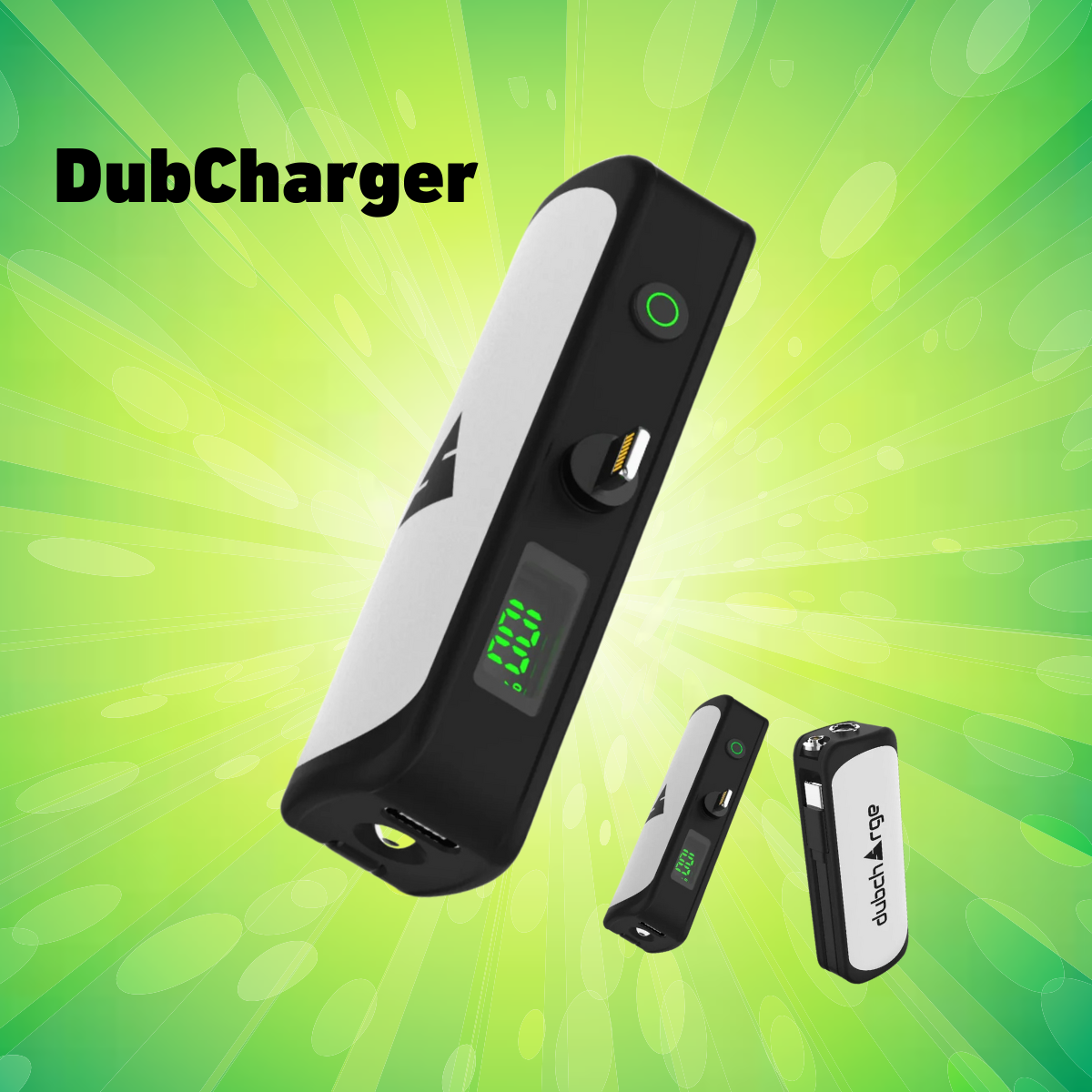
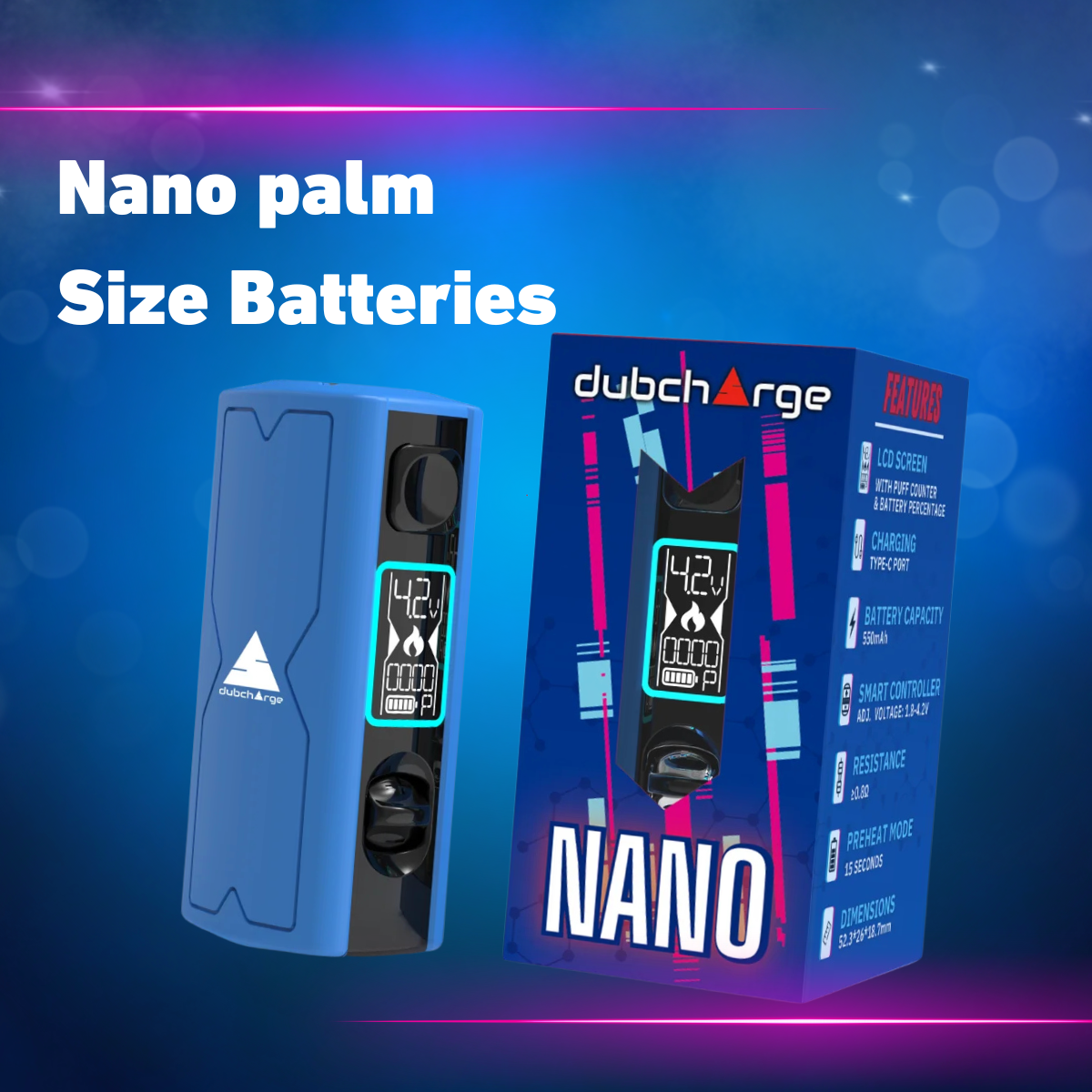

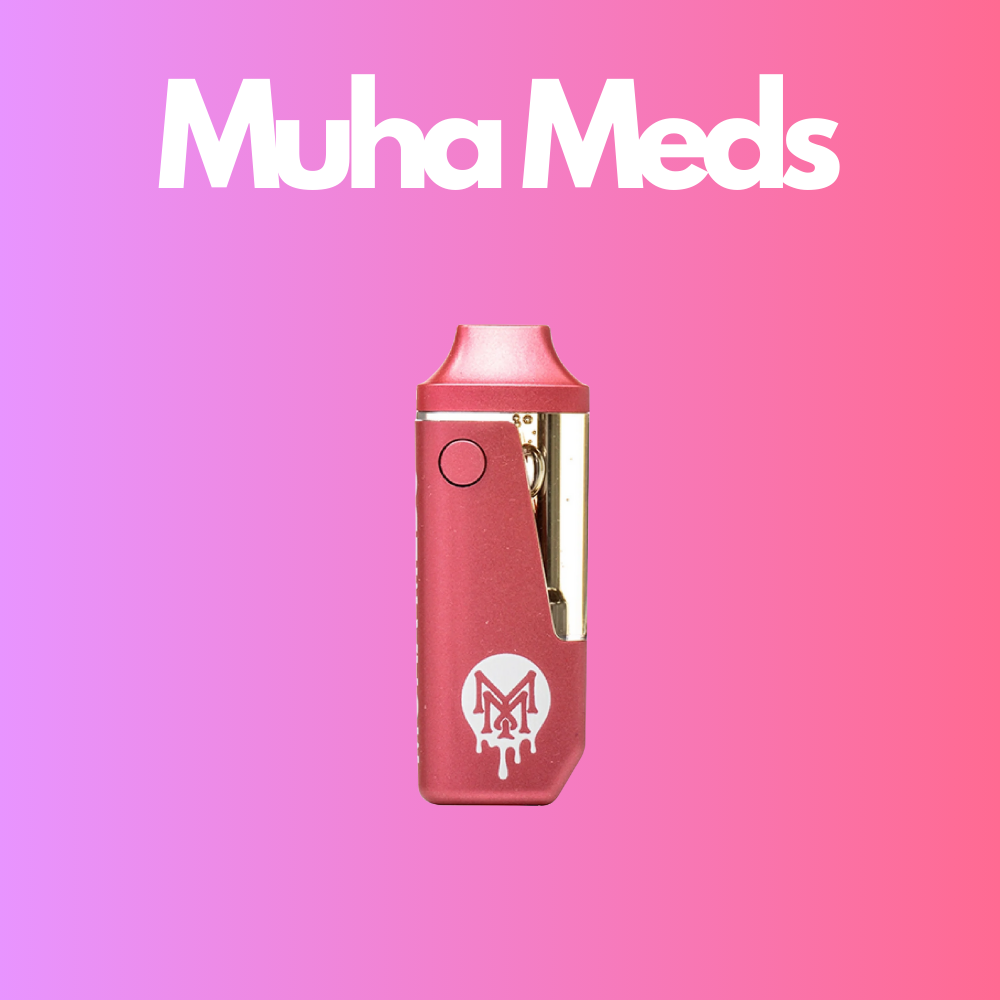


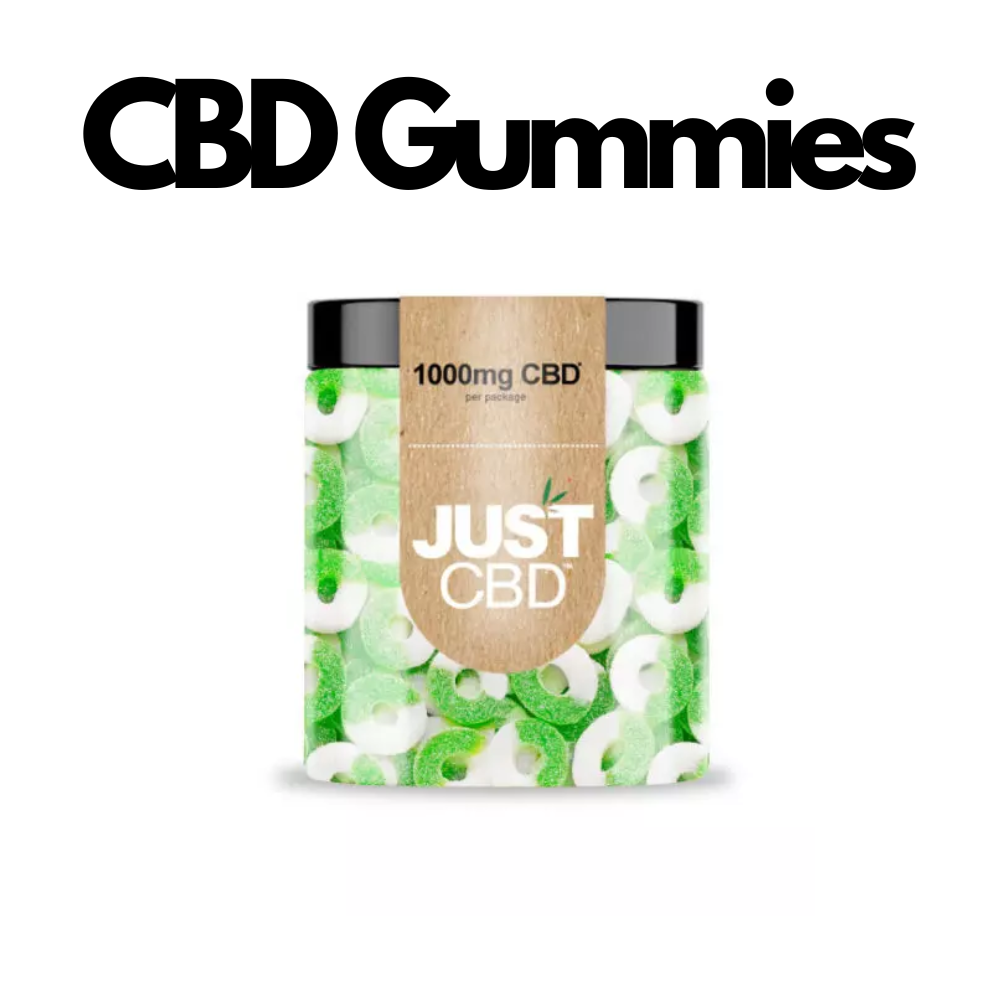
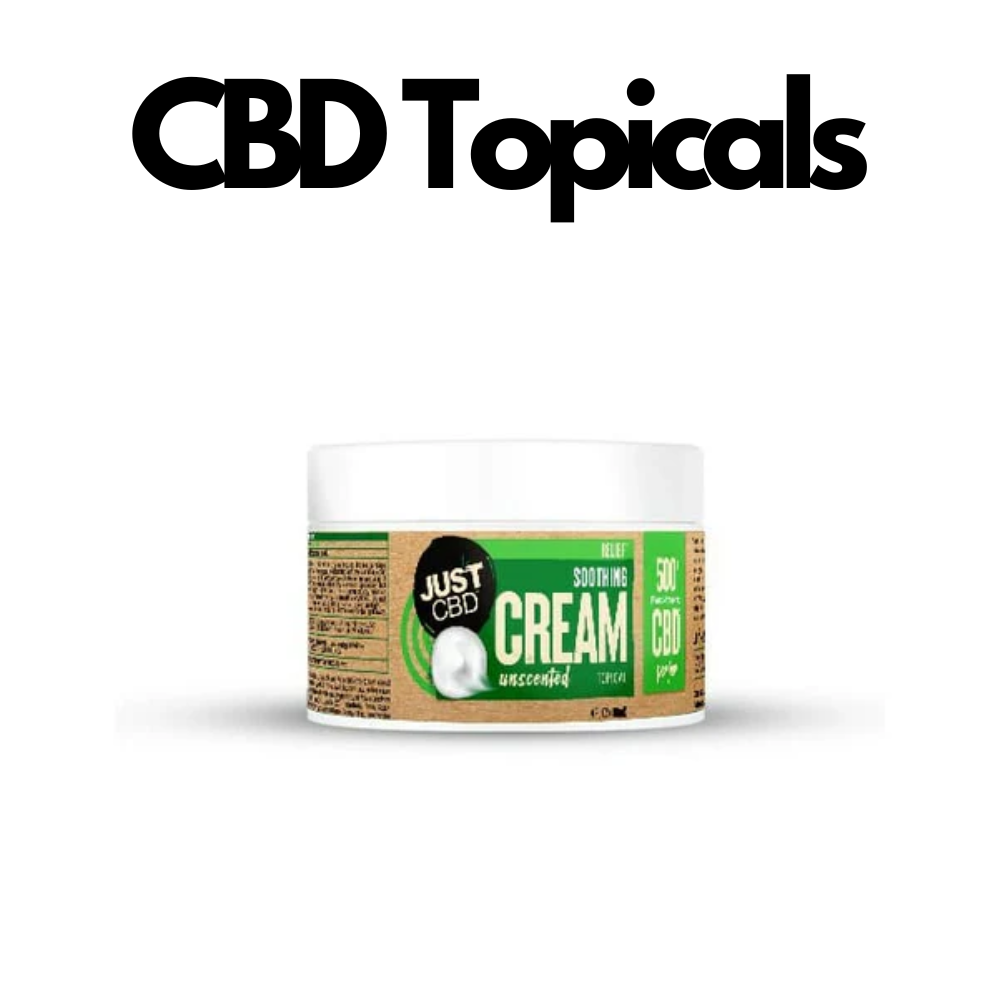

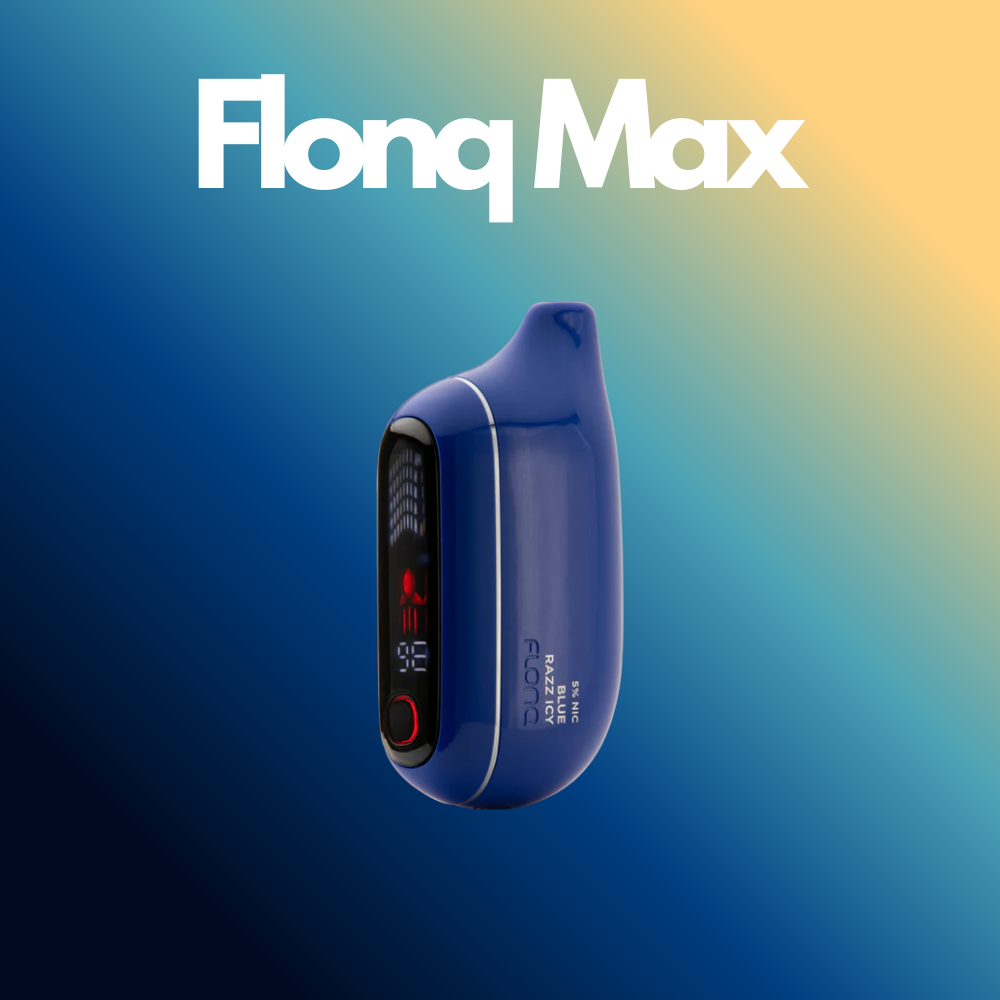

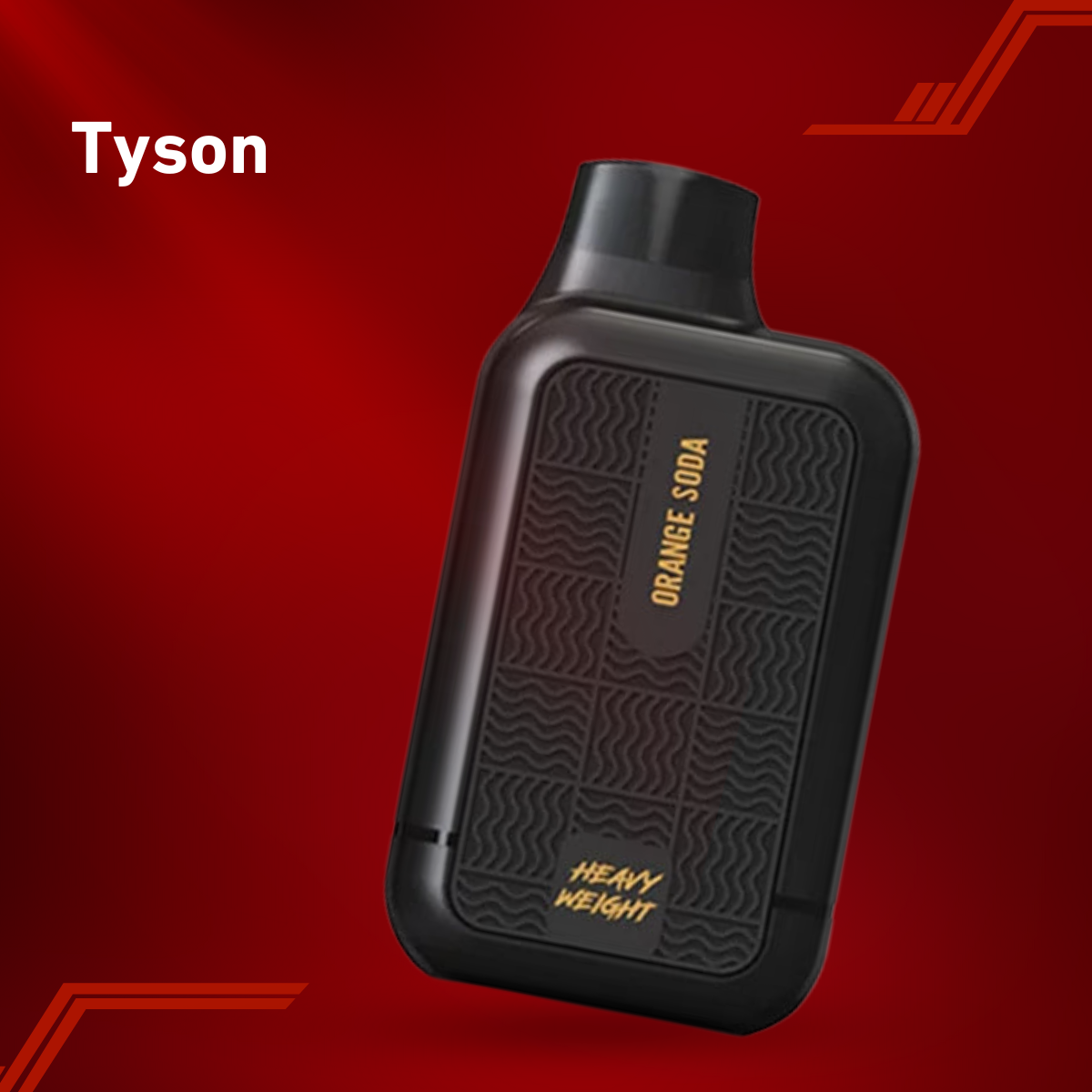


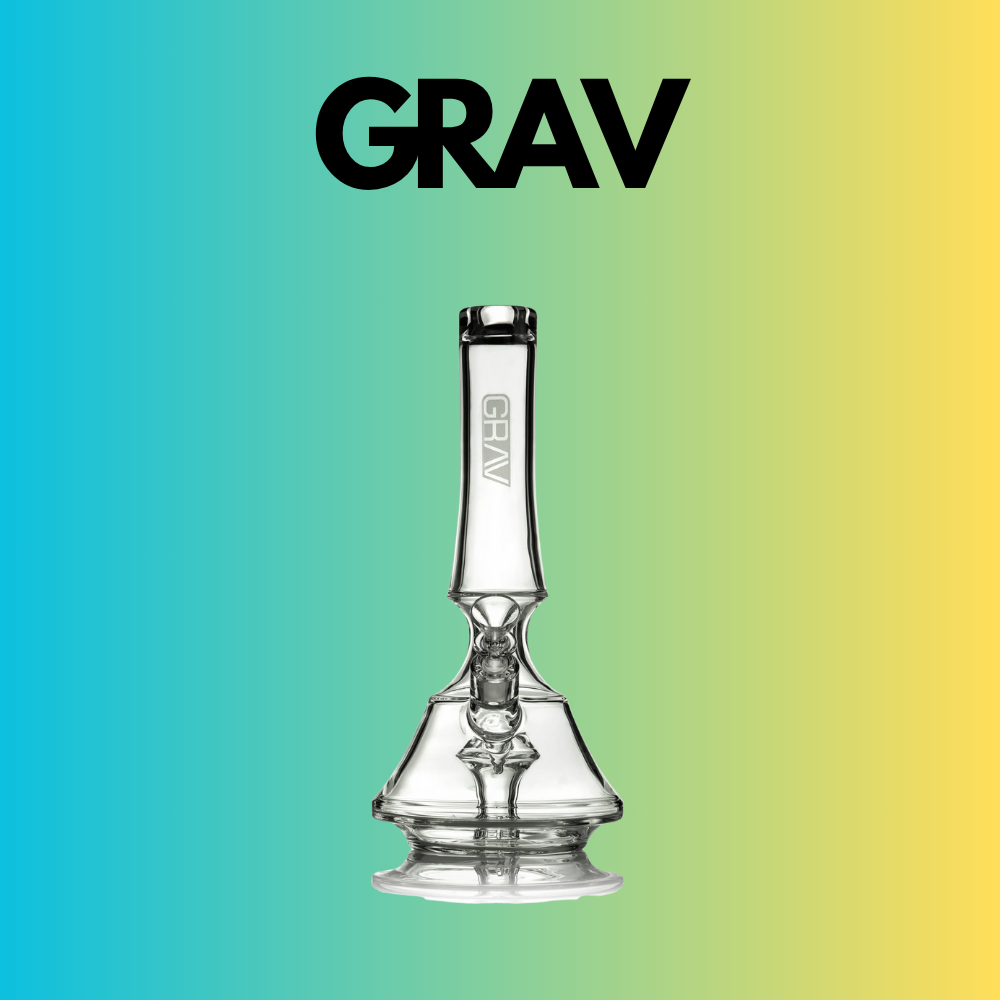
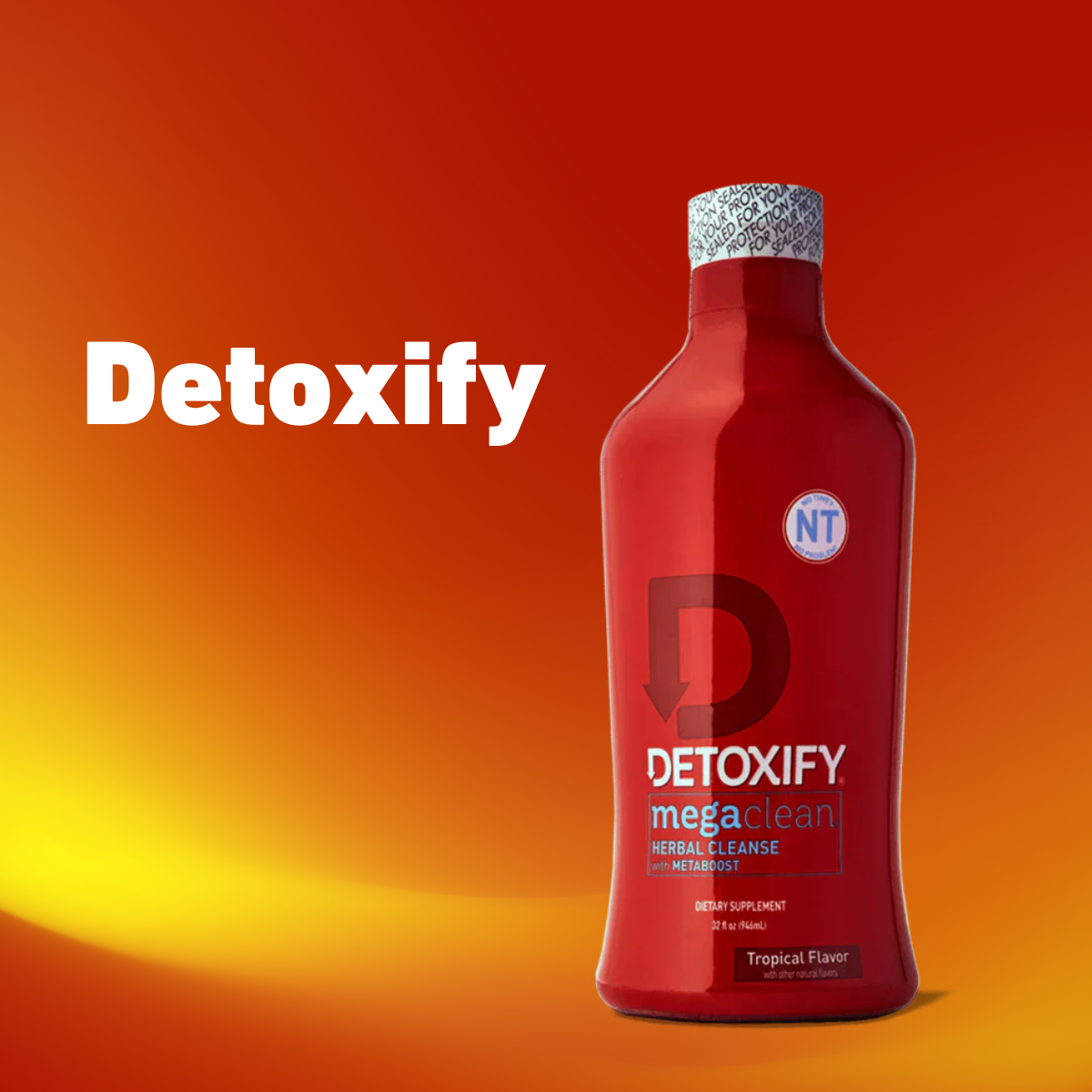

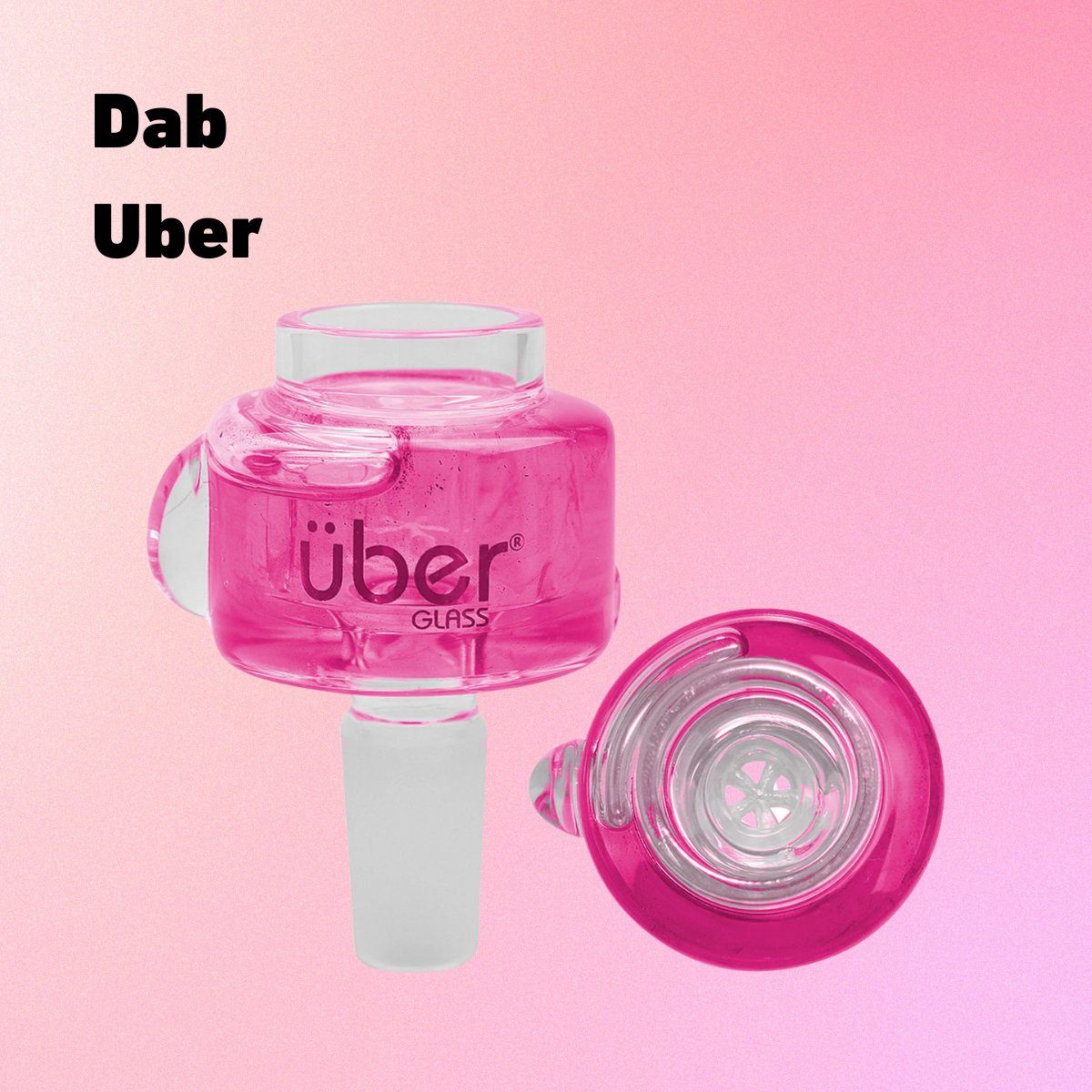


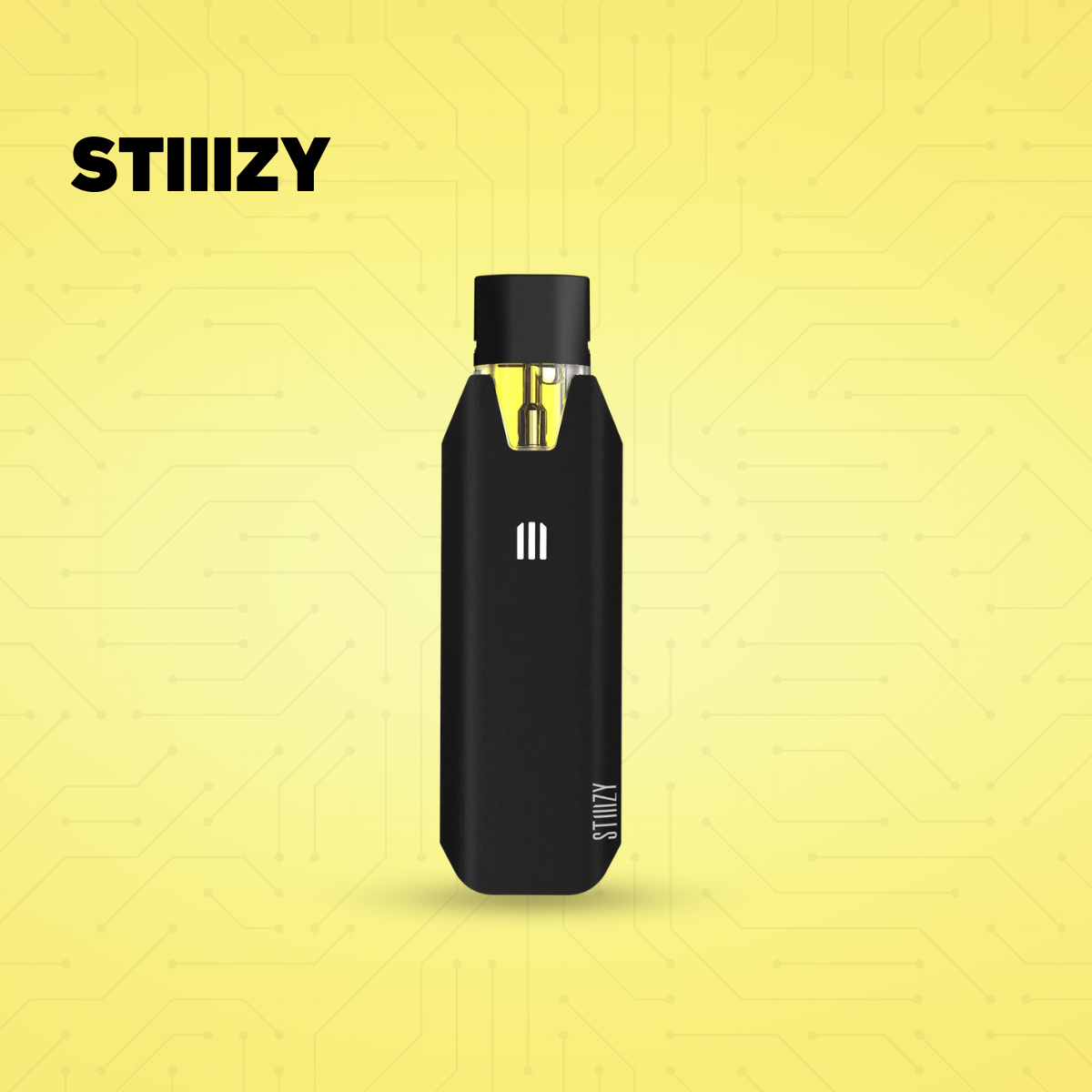
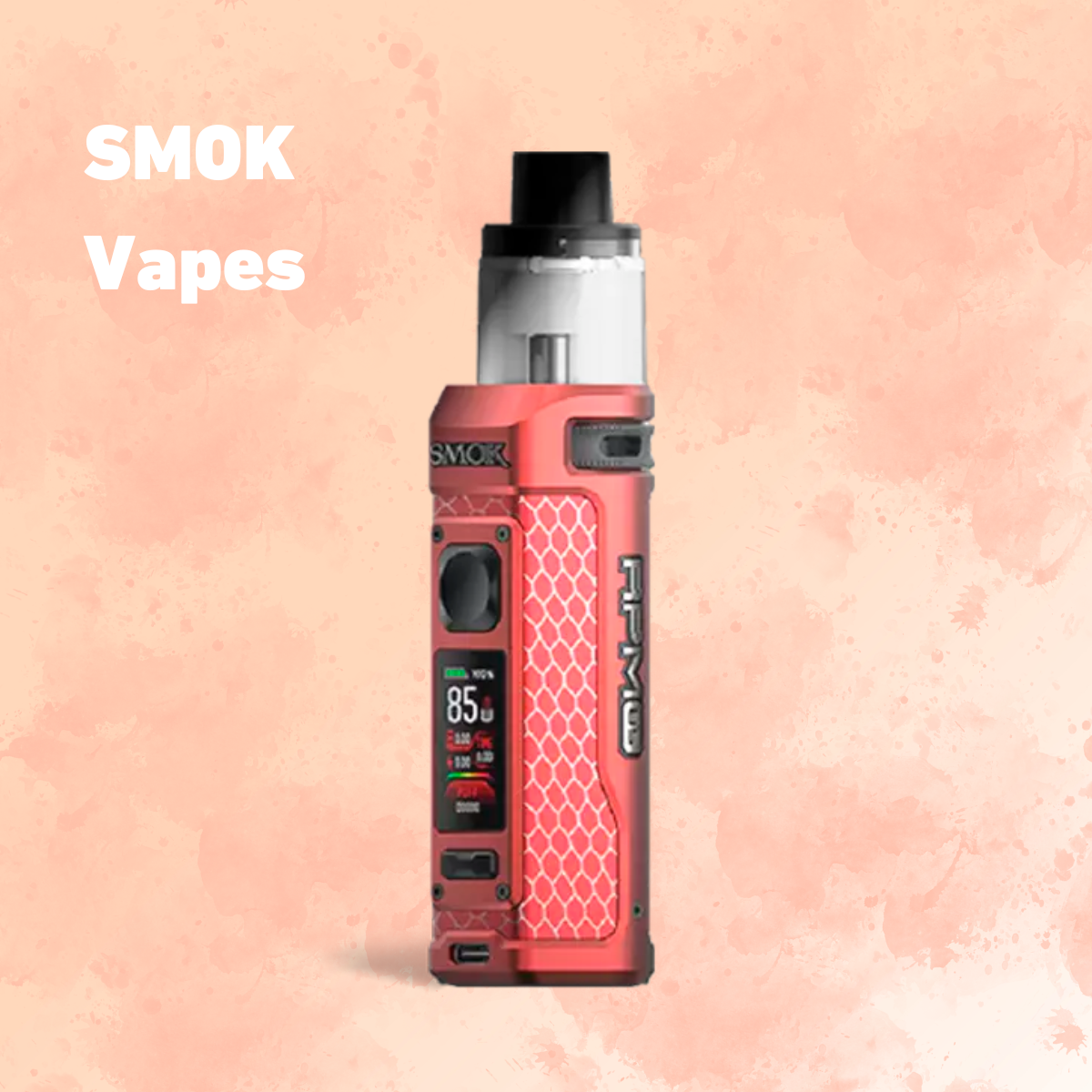
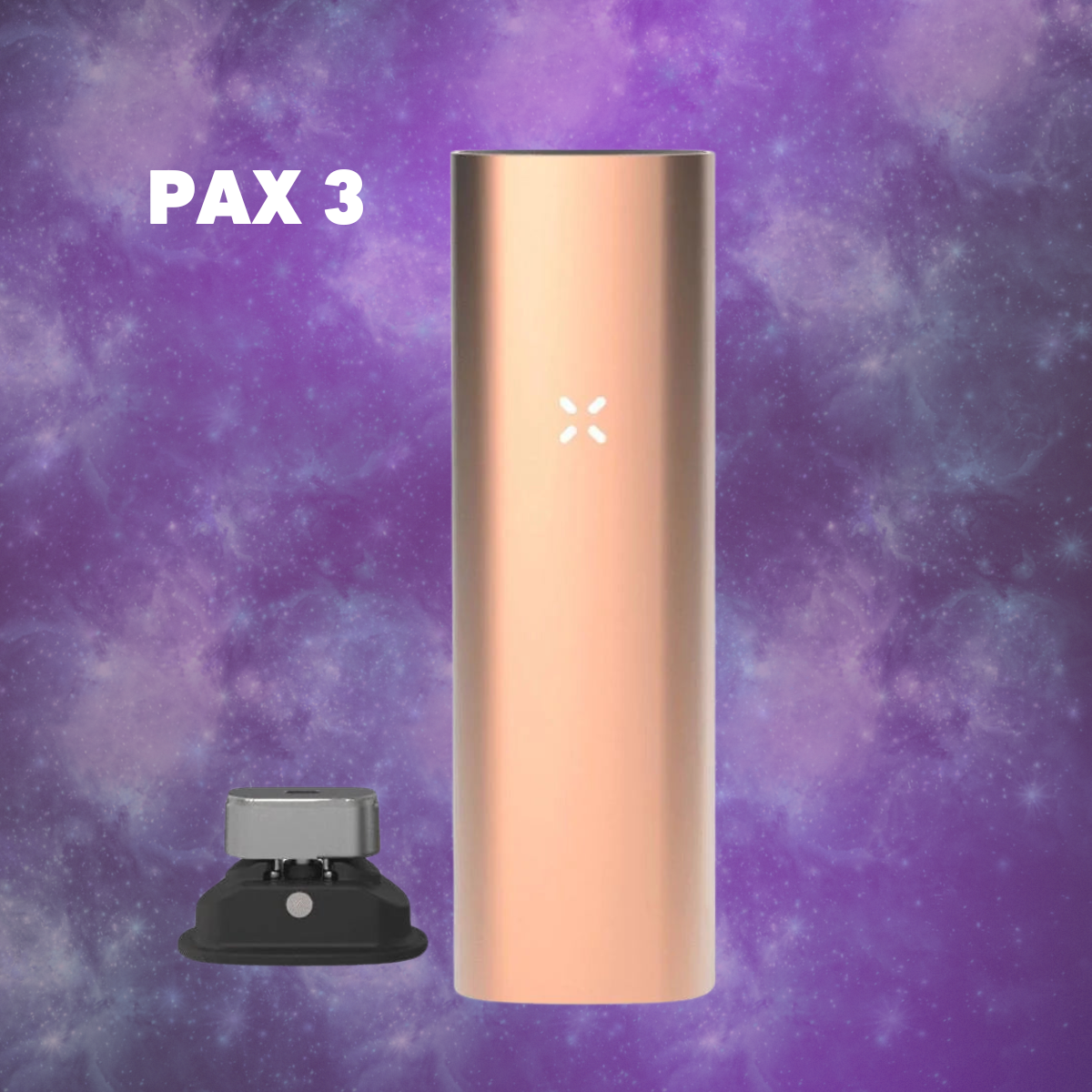



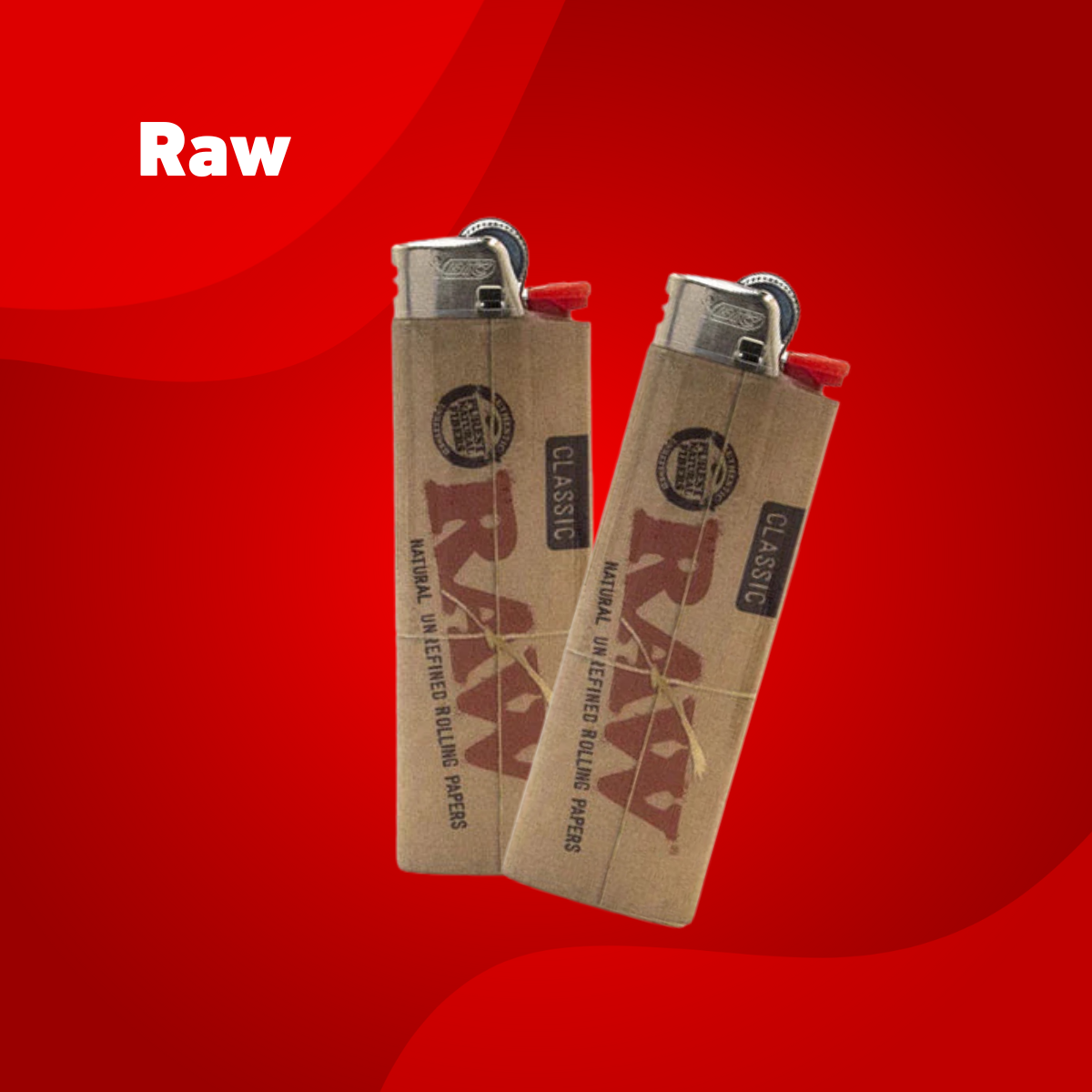
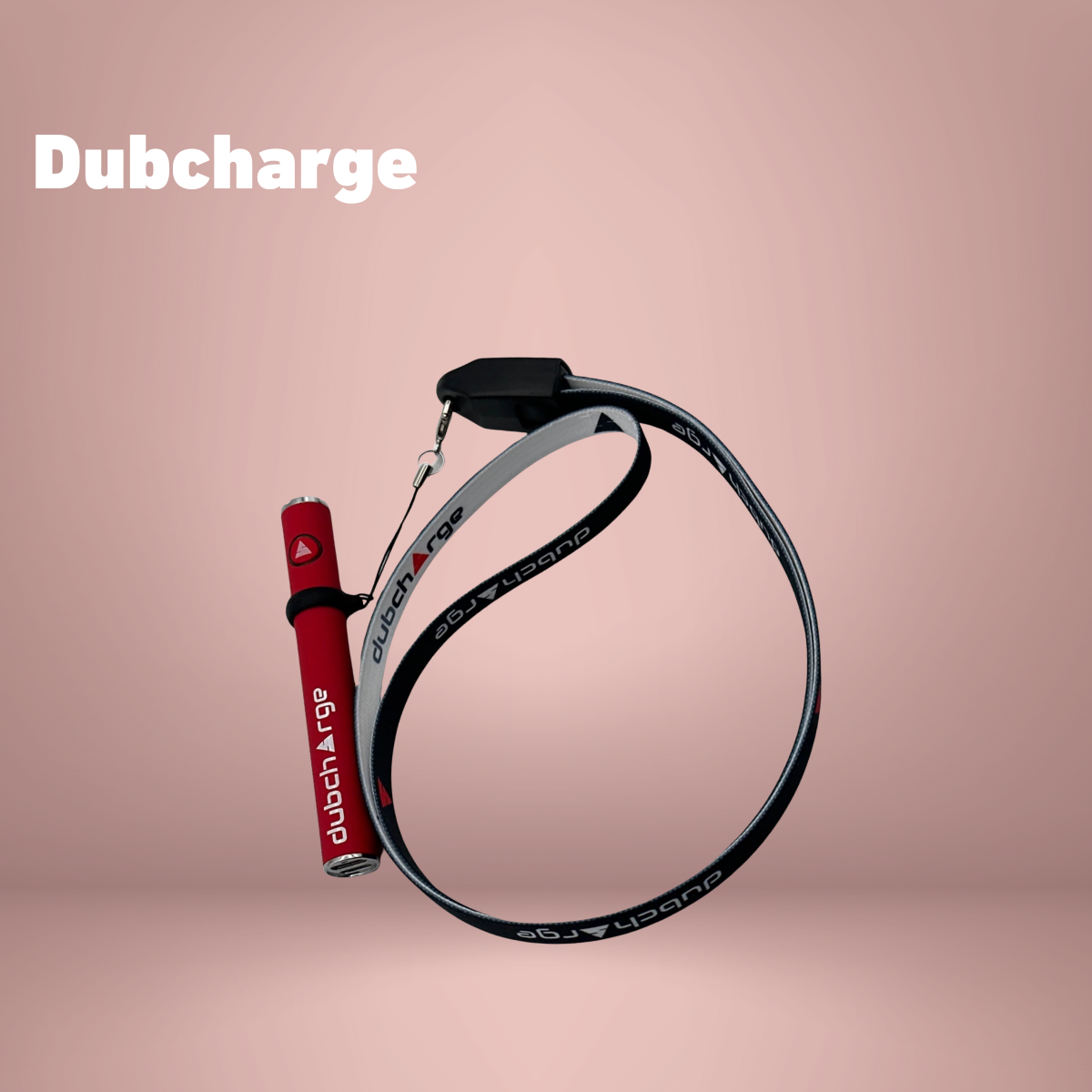




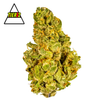
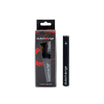

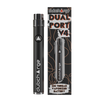
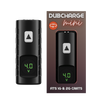
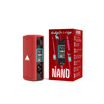


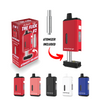




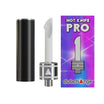
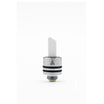
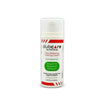
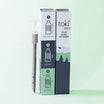

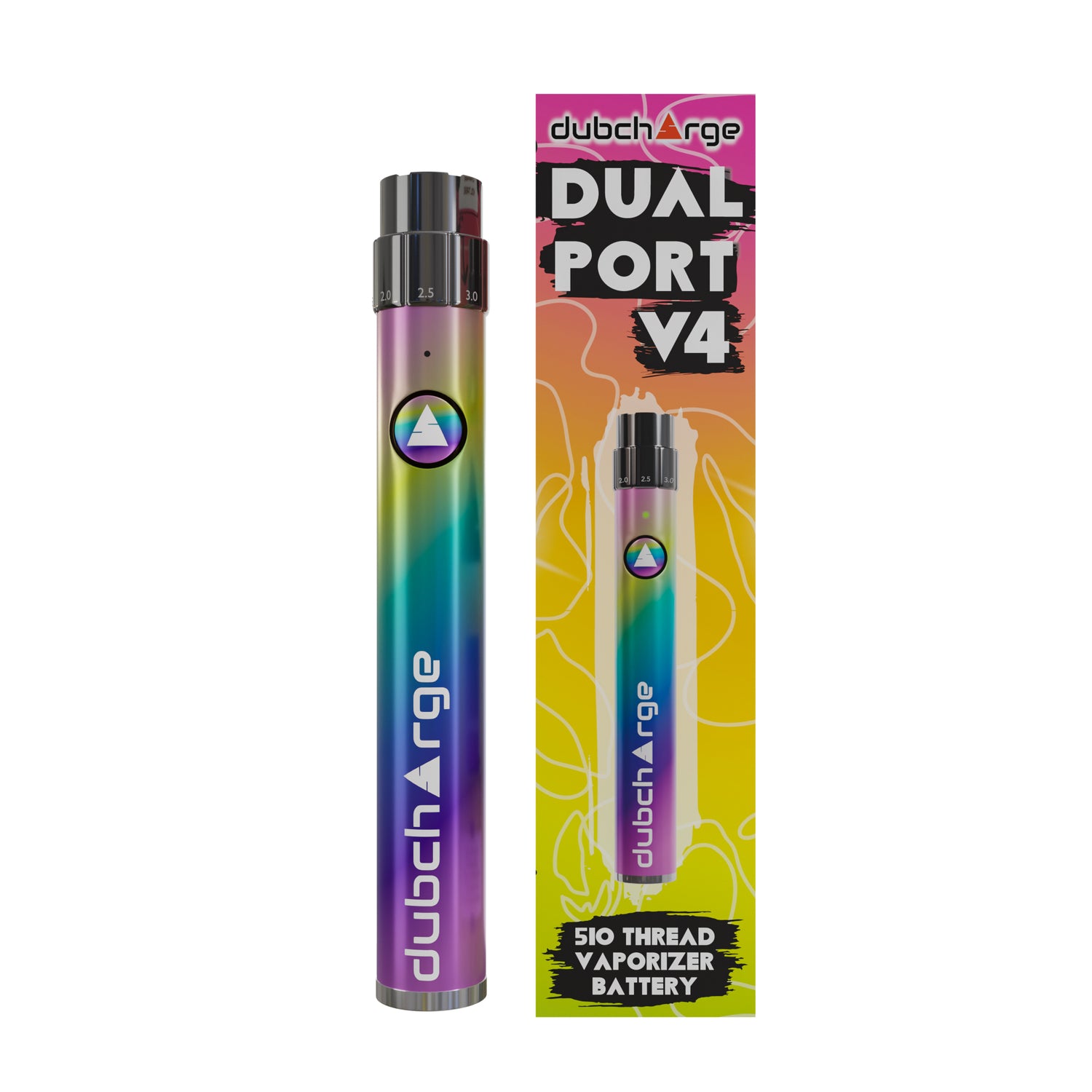

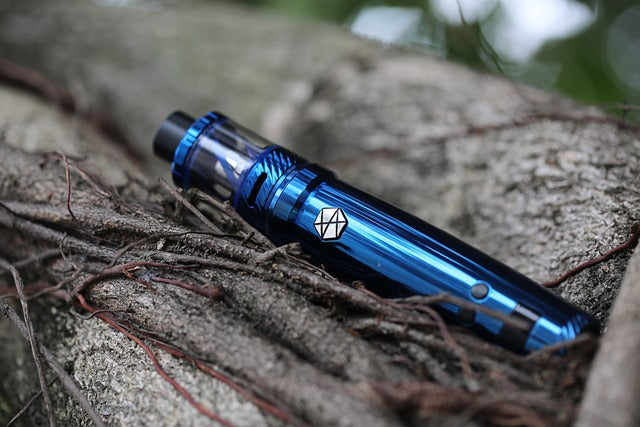
Leave a comment
This site is protected by hCaptcha and the hCaptcha Privacy Policy and Terms of Service apply.